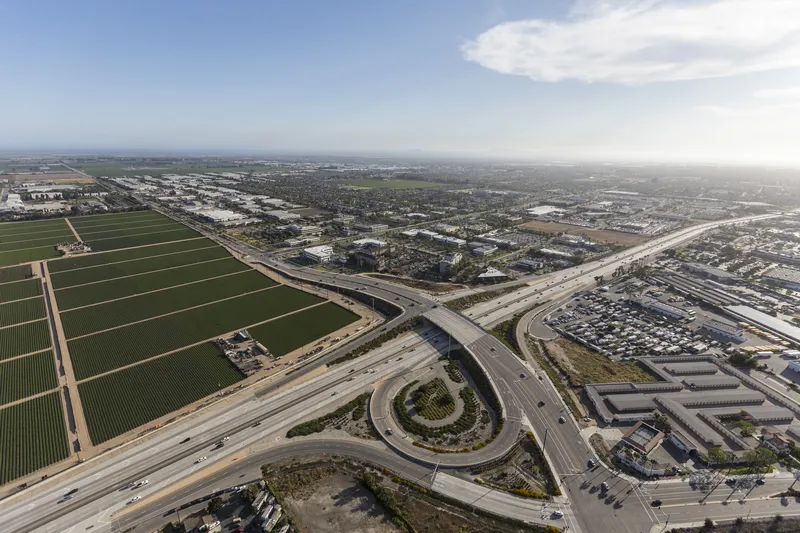The American Road & Transportation Builders Association (ARTBA) in the US is challenging a proposal from the Federal Highway Administration (FHWA) to measure greenhouse gas emissions from new transportation projects. The proposal forms part of performance measures required under the 2012 “Moving Ahead for Progress in the 21st Century” (MAP-21) surface transportation reauthorisation law. However ARTBA says that the proposal “exceeds both the authority of the FHWA and the intent of MAP-21.”
ARTBA warned of
August 22, 2016
Read time: 2 mins
The 920 American Road & Transportation Builders Association (ARTBA) in the US is challenging a proposal from the Federal Highway Administration (FHWA) to measure greenhouse gas emissions from new transportation projects. The proposal forms part of performance measures required under the 2012 “Moving Ahead for Progress in the 21st Century” (MAP-21) surface transportation reauthorisation law. However ARTBA says that the proposal “exceeds both the authority of the FHWA and the intent of MAP-21.”
ARTBA warned of this situation three years ago. It urged the2364 US Department of Transportation (US DOT) not to risk congressional support for MAP-21 by including issues such as climate change in the law’s implementation. The 2013 ARTBA task force suggested focussing on the goals enumerated in the law. The authors of MAP-21 had the opportunity to include a host of external goals such as the reduction of transportation-related greenhouse gas emissions, reducing oil imports, adapting to climate change and air quality. ARTBA says that the US Department of Transportation should focus on implementing the goals and standards as spelled out in MAP-21.
ARTBA has also noted that neither Congress nor the administration sought emission measurements in the MAP-21 performance management process, and that such proposals were not included in the “Fixing America’s Surface Transportation” (FAST) Act reauthorisation law passed in December 2015.
ARTBA raised concerns about the proposed measurement system, stating, it “…does not define what exactly it will measure and how it will measure it.” In addition, ARTBA has concerns that defining such an abstract proposal will prove difficult and is likely to result in a cumbersome regulatory process.
According to ARTBA, “…it is hard to see this proposal as anything other than a manoeuvre to achieve a policy objective the administration failed to initiate during the MAP-21 and FAST Act deliberations." The association has asked FHWA to withdraw its proposed measurement system.
ARTBA warned of this situation three years ago. It urged the
ARTBA has also noted that neither Congress nor the administration sought emission measurements in the MAP-21 performance management process, and that such proposals were not included in the “Fixing America’s Surface Transportation” (FAST) Act reauthorisation law passed in December 2015.
ARTBA raised concerns about the proposed measurement system, stating, it “…does not define what exactly it will measure and how it will measure it.” In addition, ARTBA has concerns that defining such an abstract proposal will prove difficult and is likely to result in a cumbersome regulatory process.
According to ARTBA, “…it is hard to see this proposal as anything other than a manoeuvre to achieve a policy objective the administration failed to initiate during the MAP-21 and FAST Act deliberations." The association has asked FHWA to withdraw its proposed measurement system.






